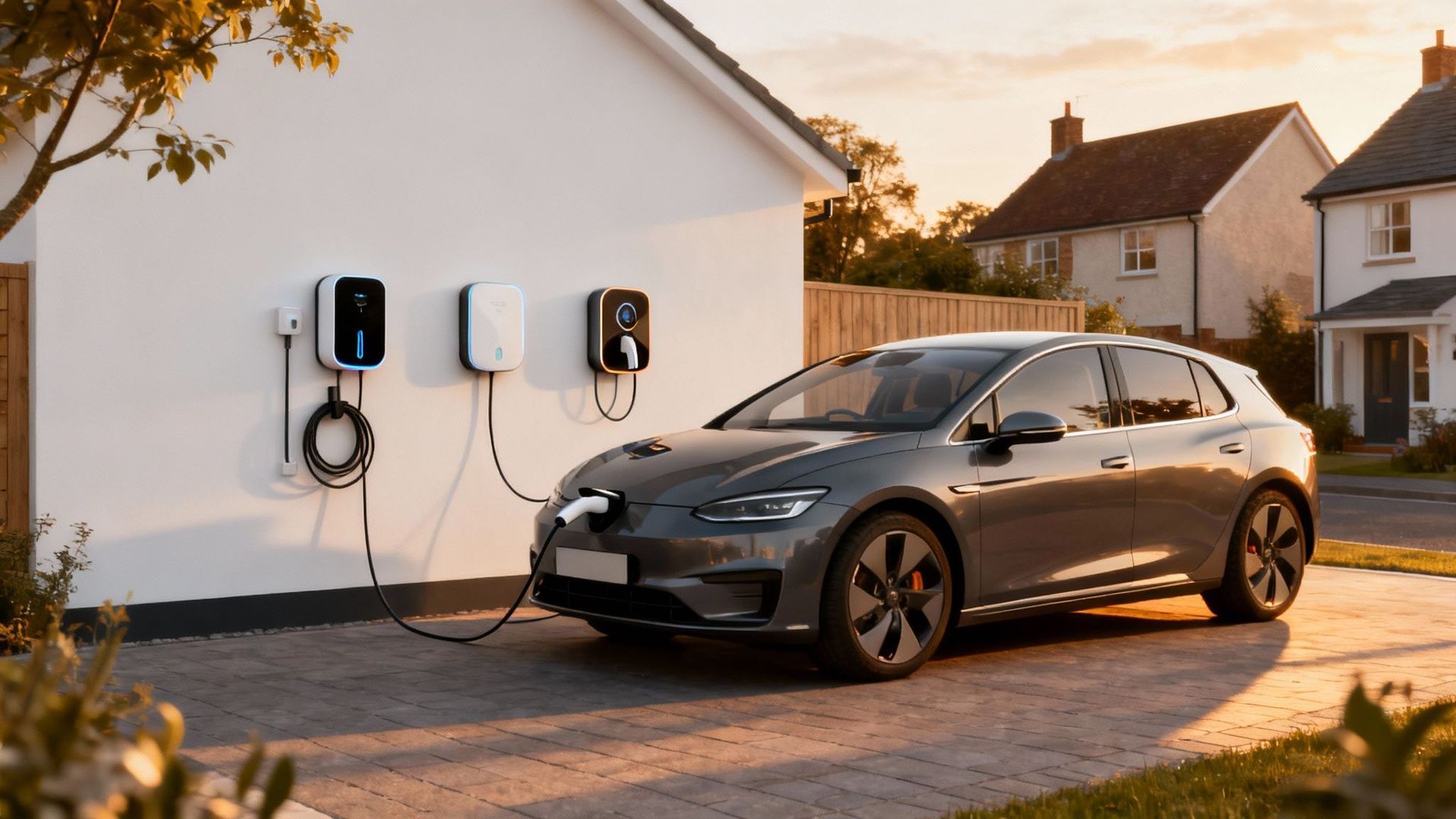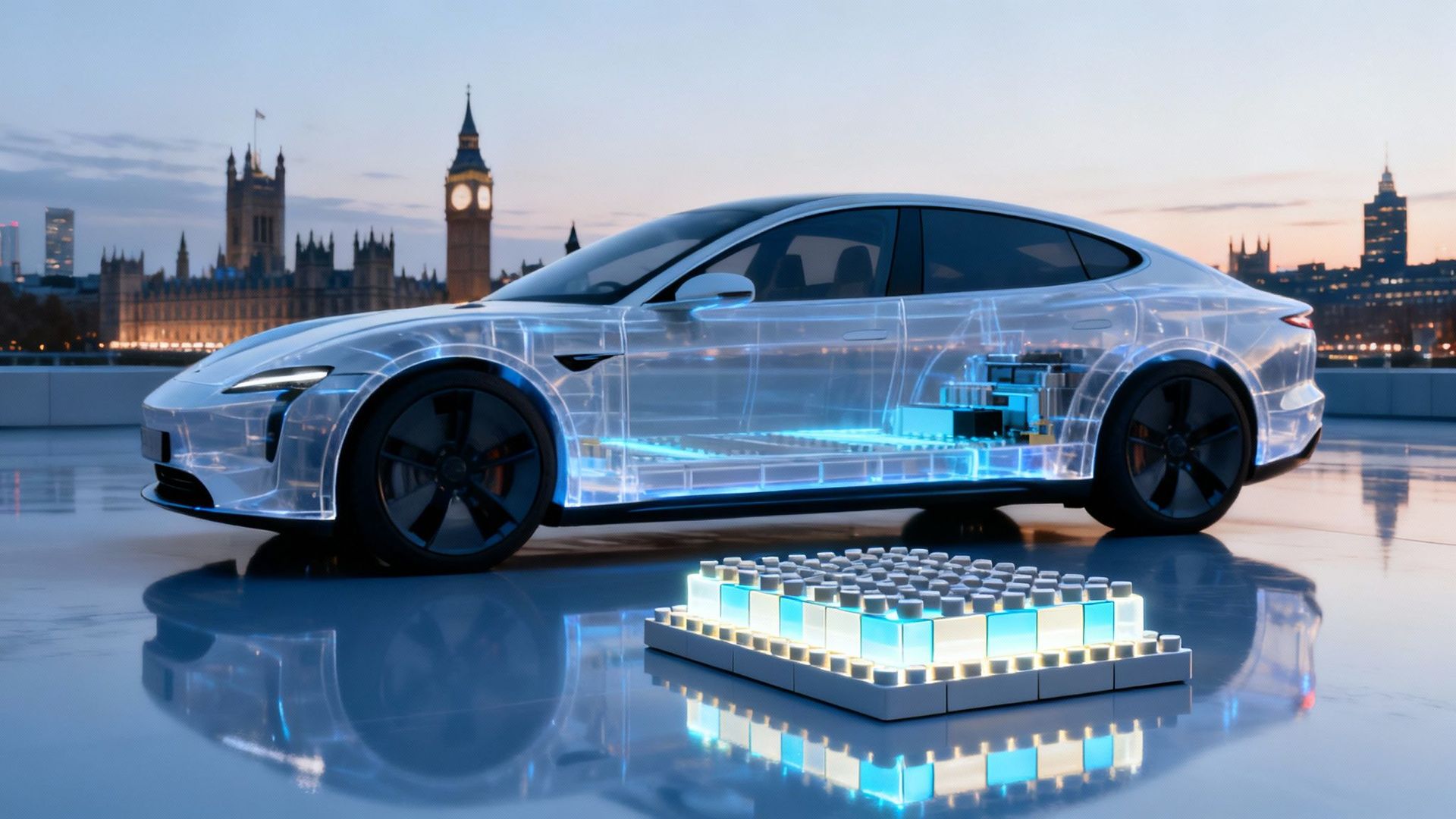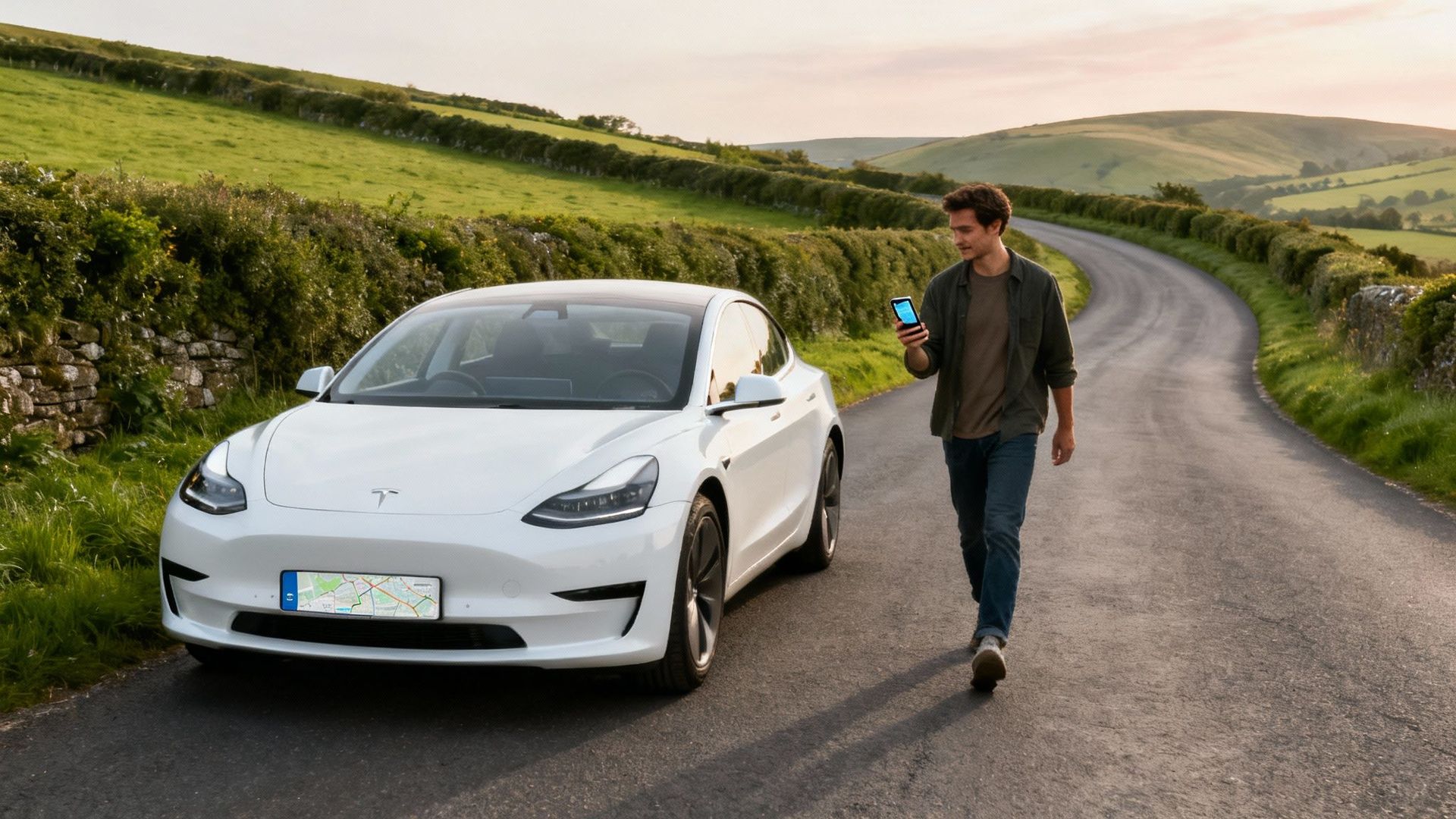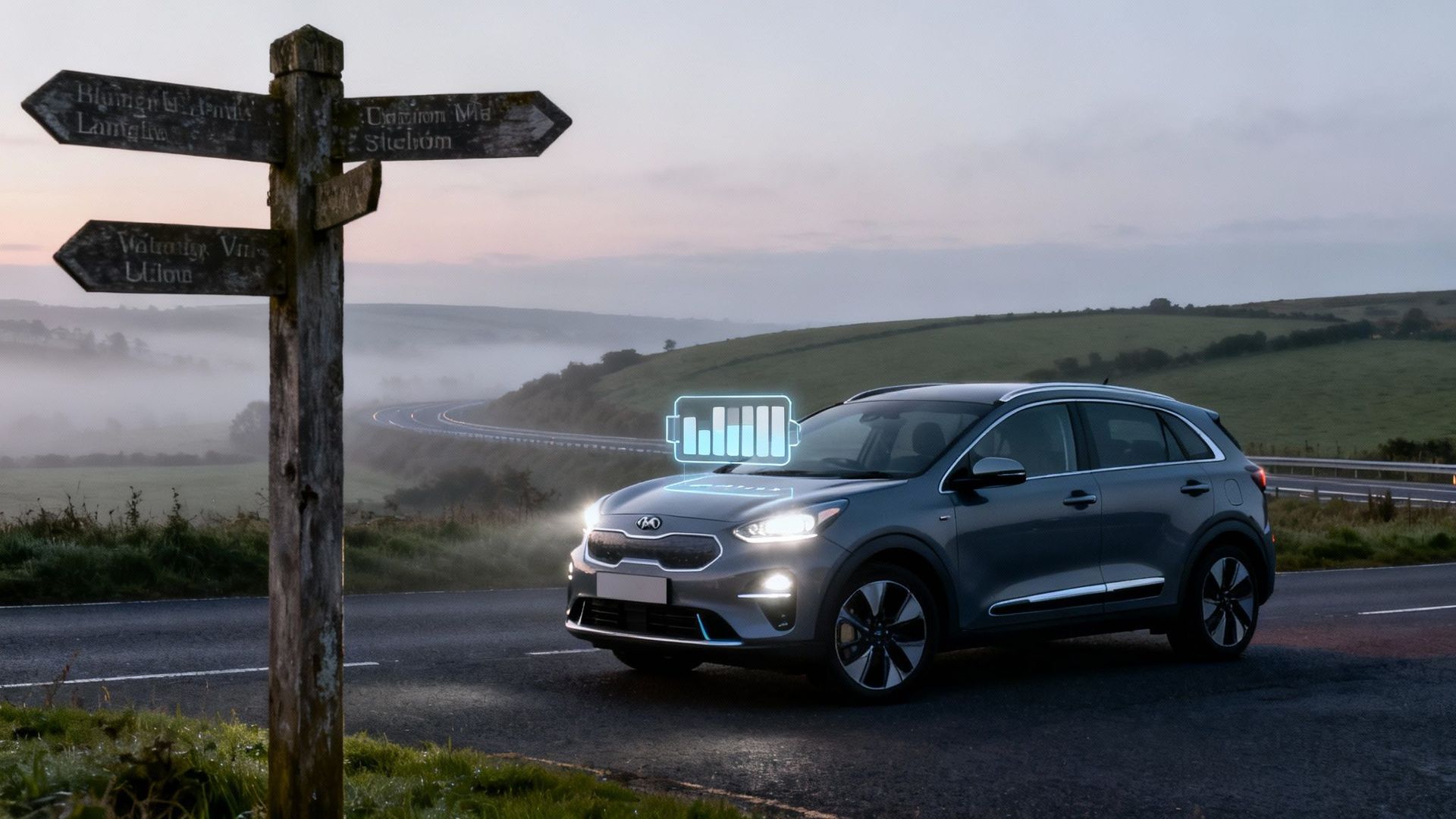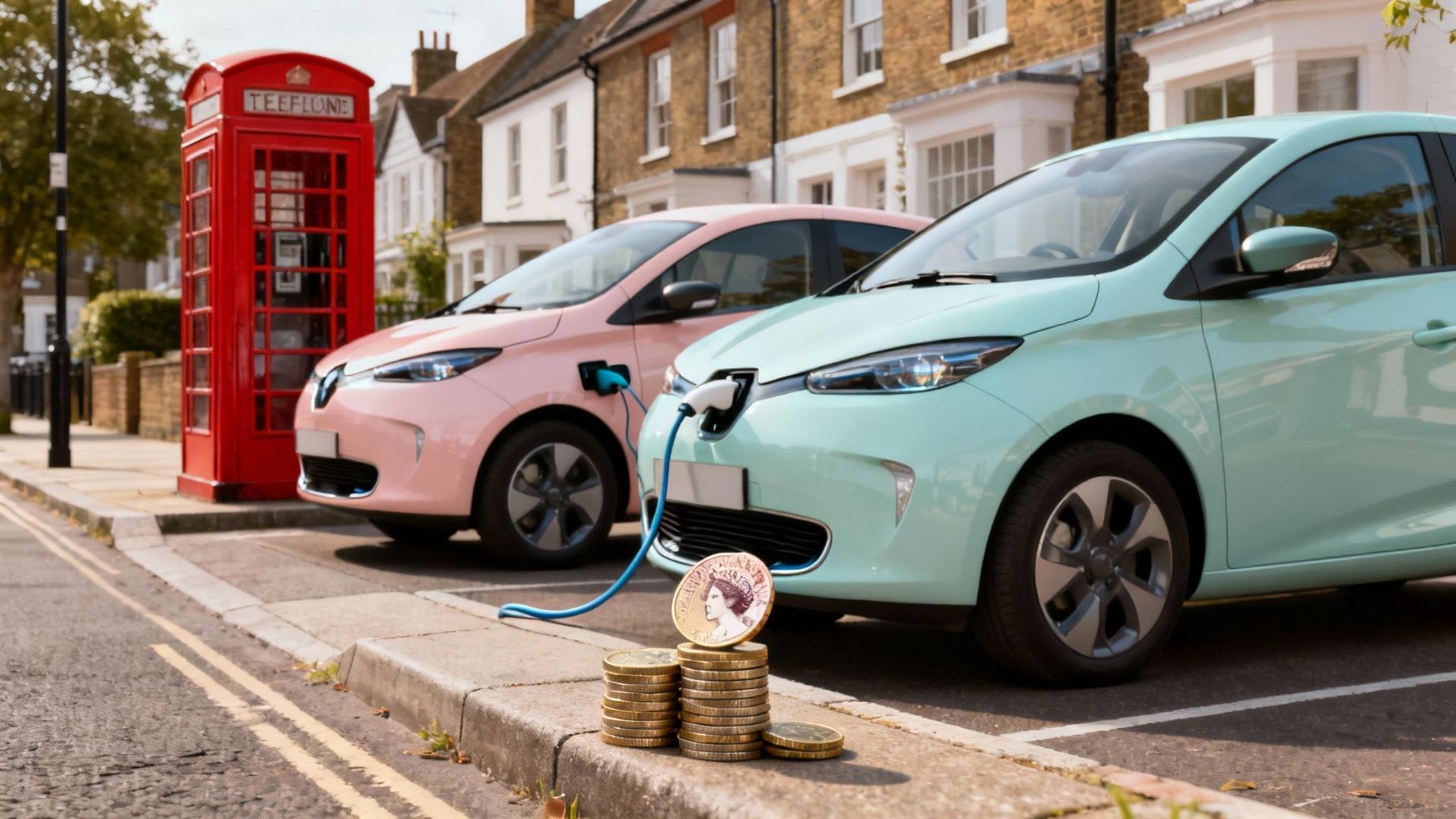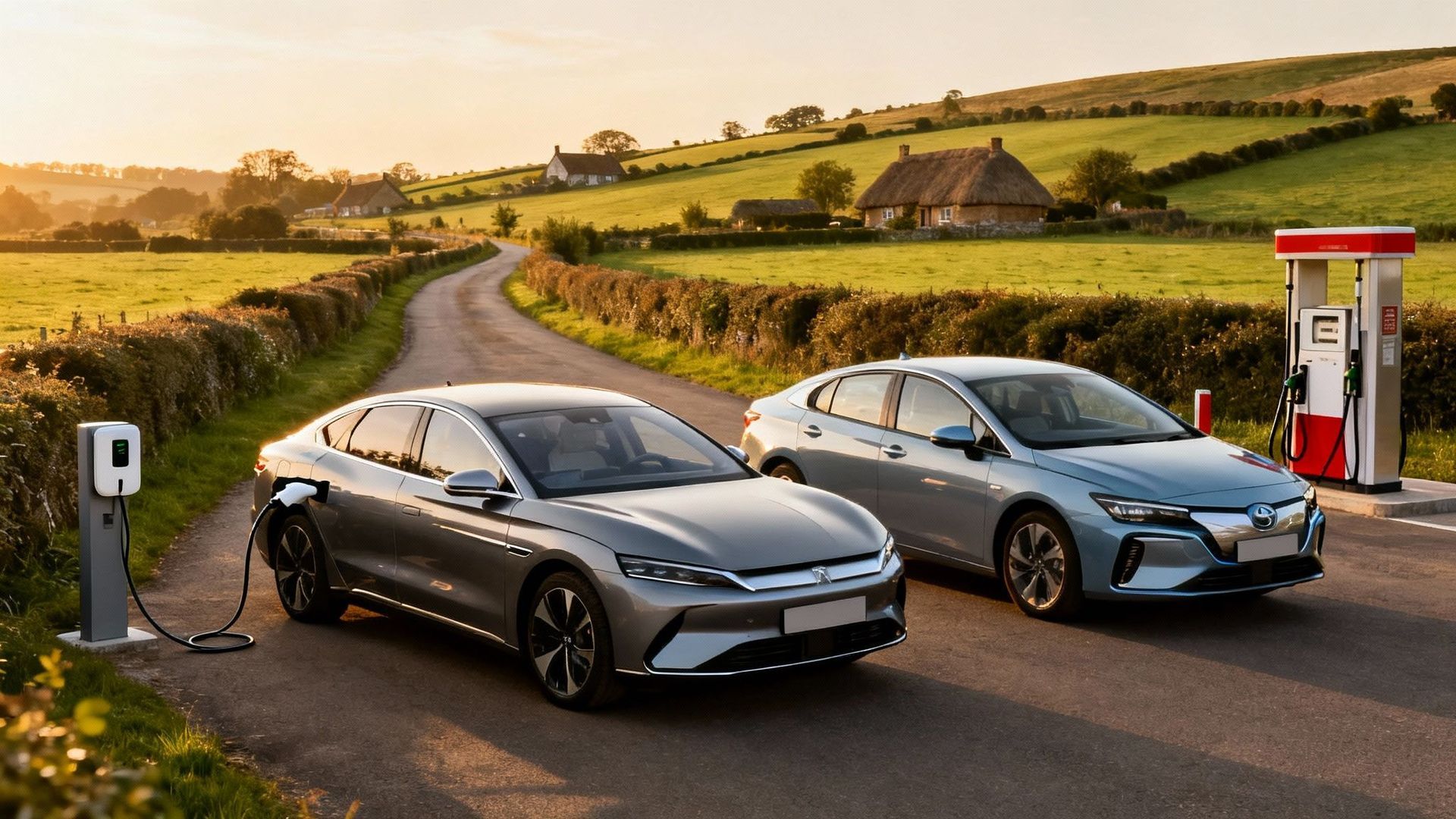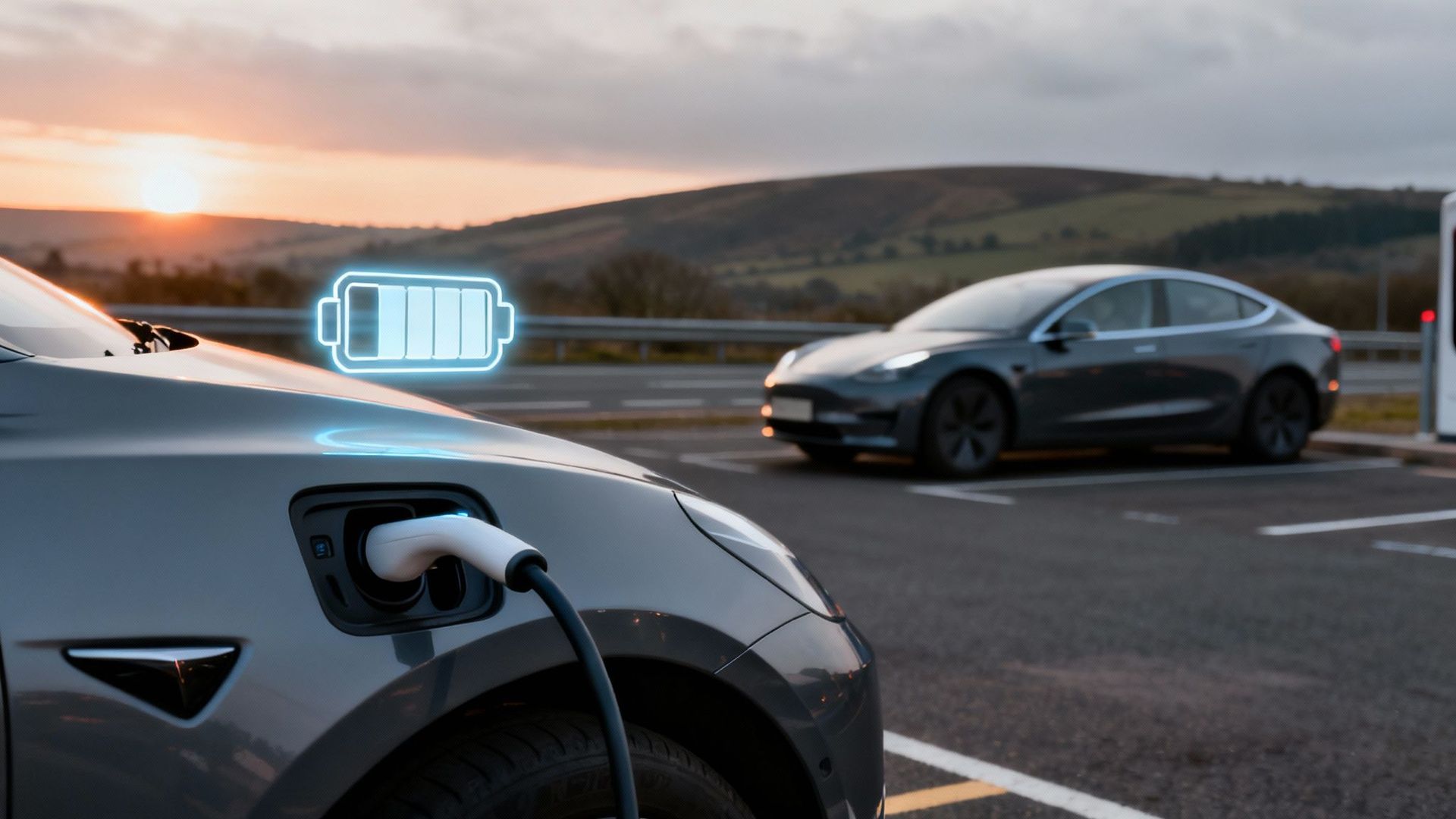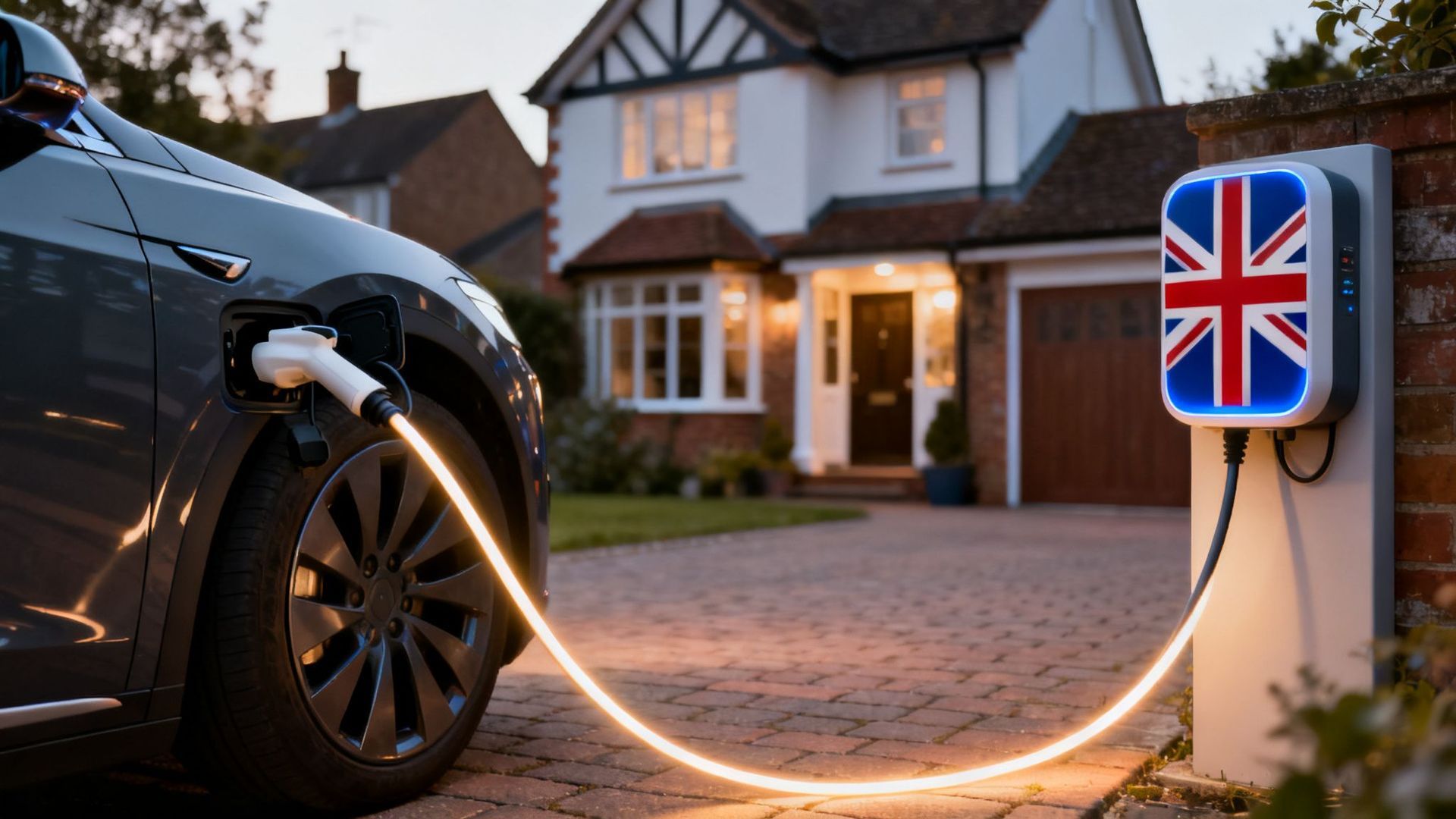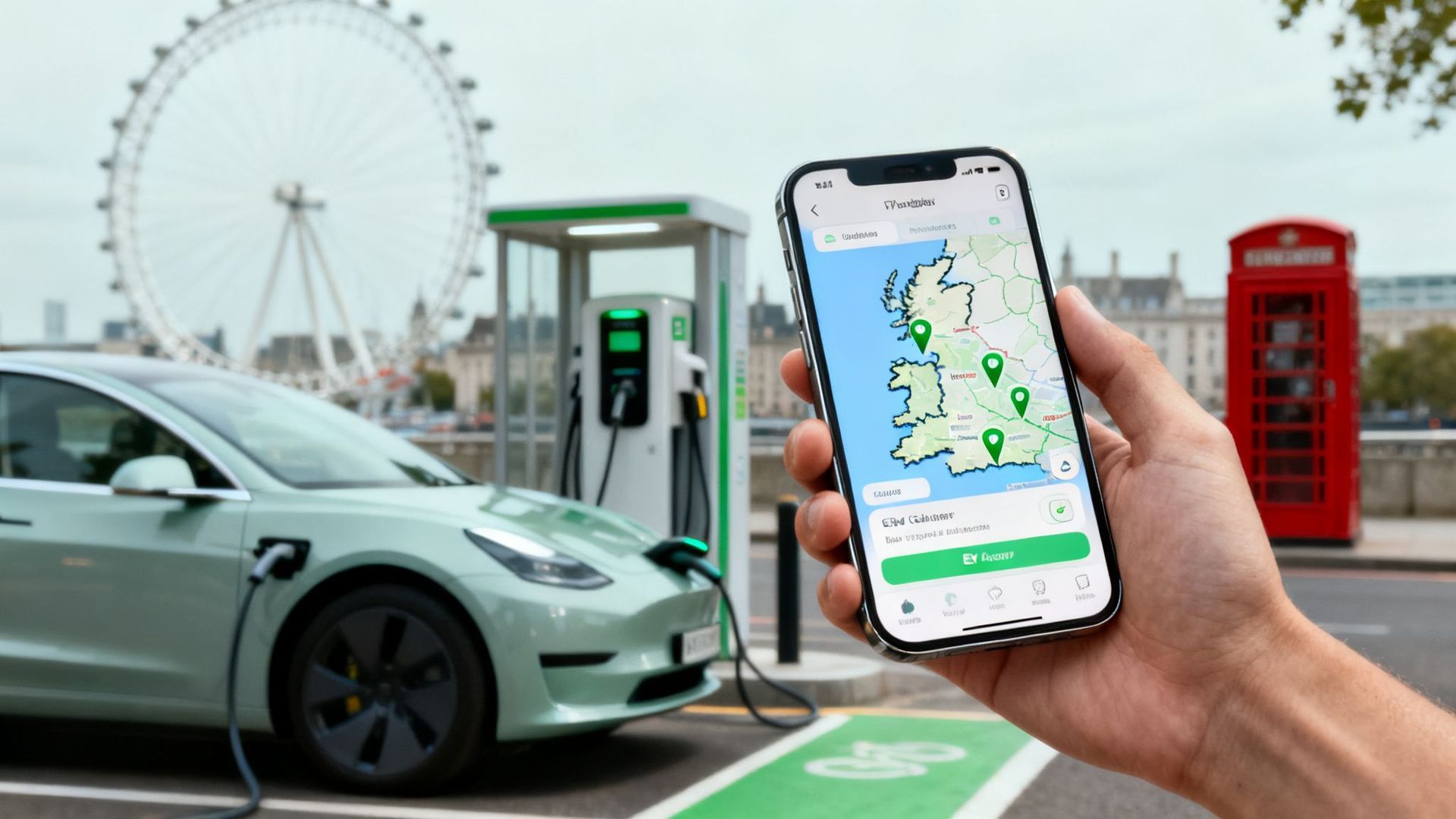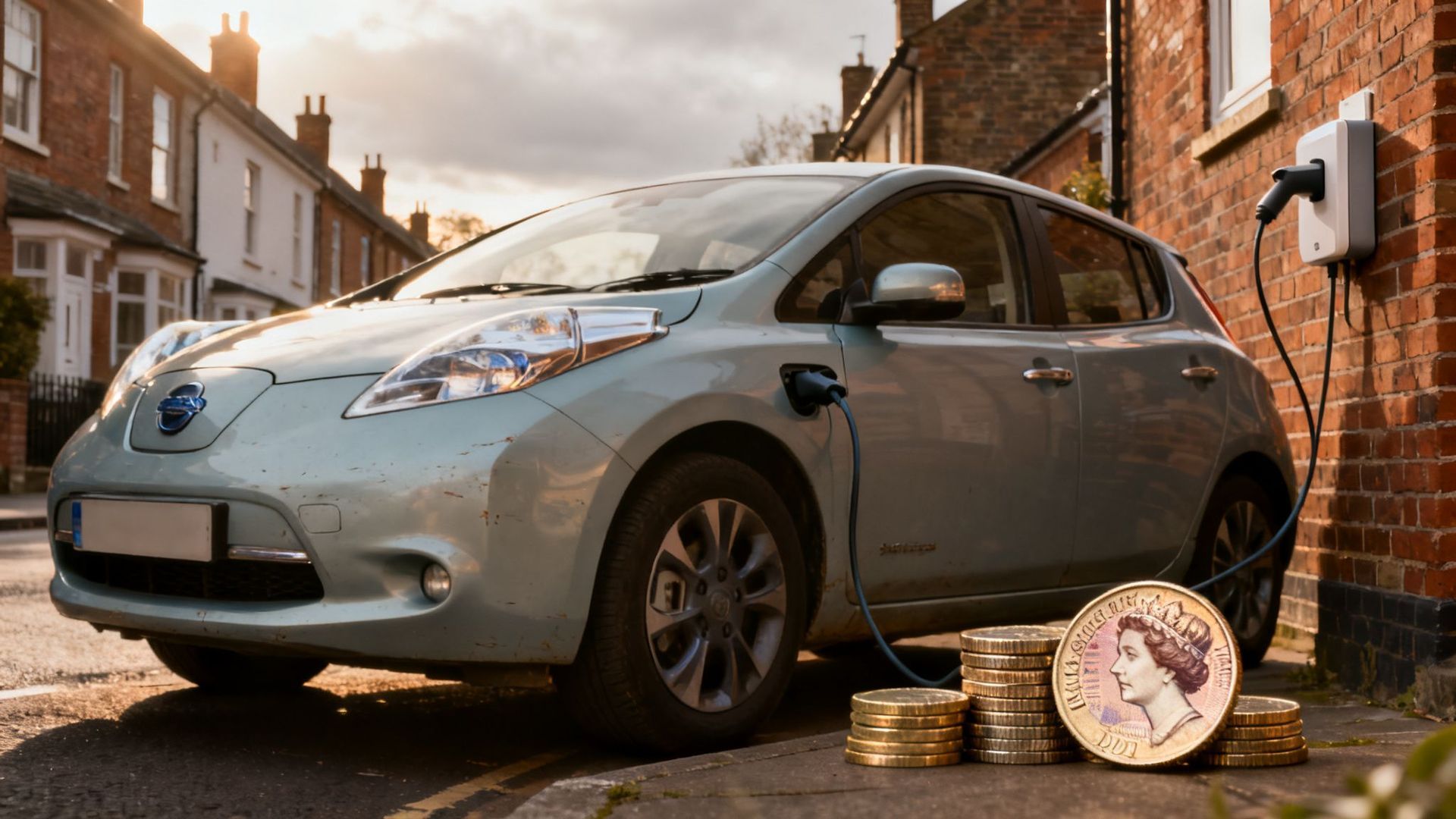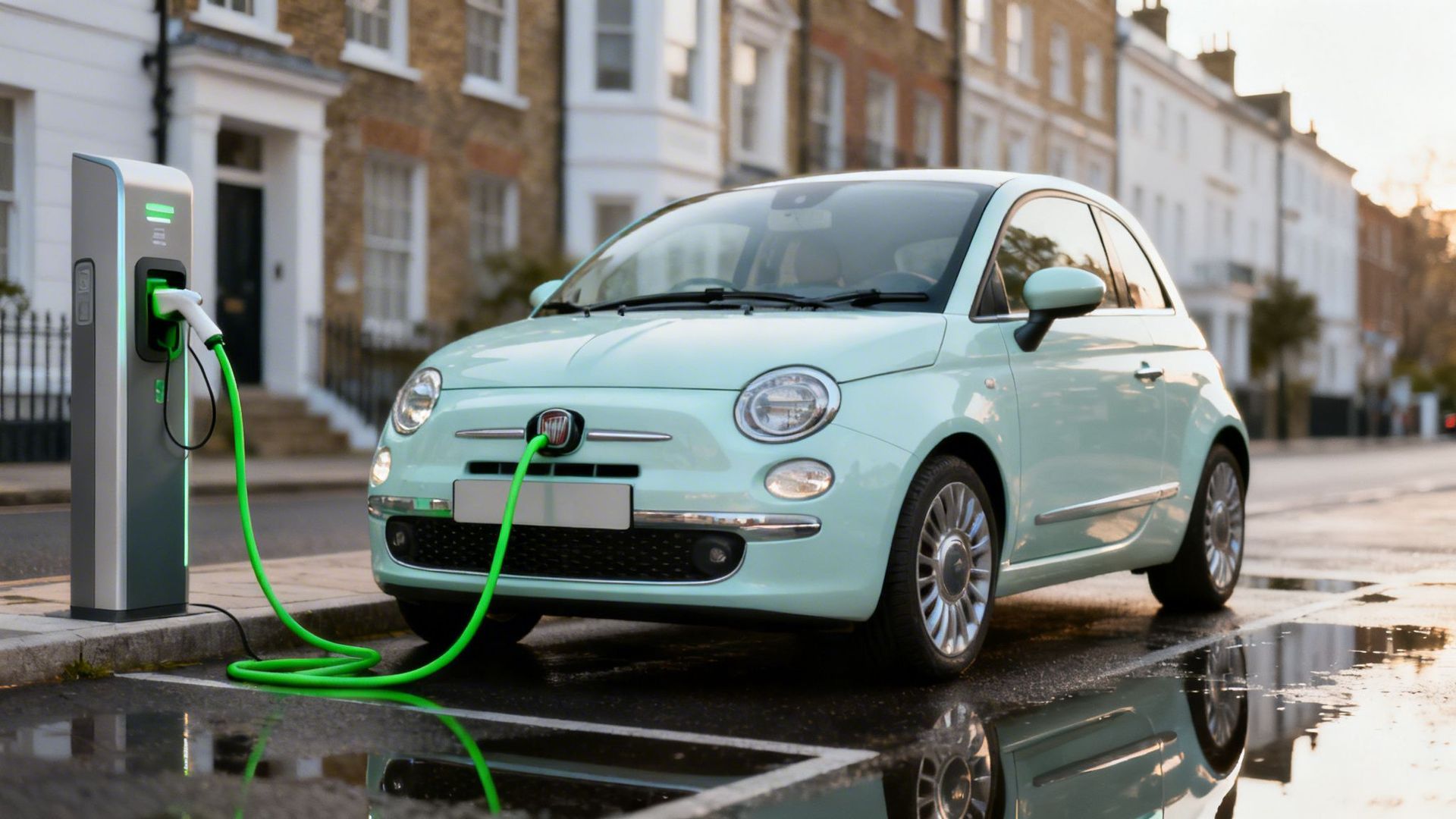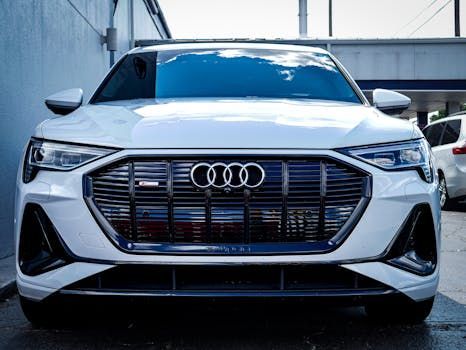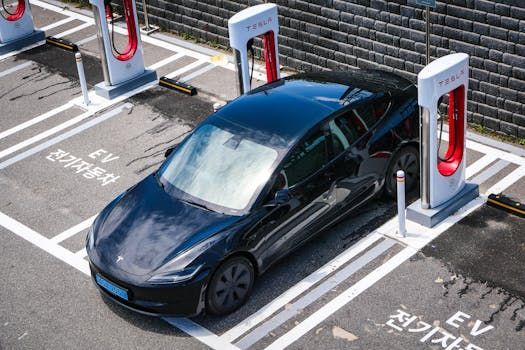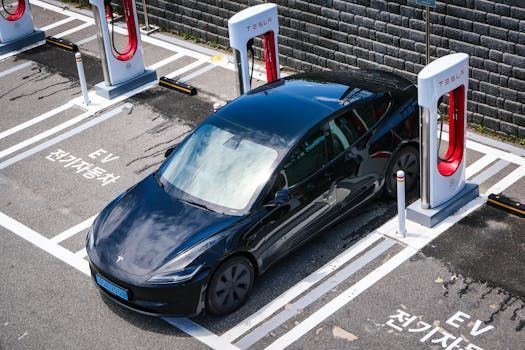What Car Buyers Get Wrong About EV Range Anxiety
Separating fact from fiction in the electric vehicle driving experience

Understanding the Reality Behind EV Range Anxiety
Electric vehicle range anxiety refers to the concern that a battery electric vehicle may run out of power before reaching a destination or charging point. It is one of the most frequently cited barriers to EV adoption, particularly among first time buyers. However, the reality of modern electric mobility often tells a very different story.
Many assumptions about EV range are based on outdated perceptions or comparisons with internal combustion vehicles that do not take full account of how people actually drive. To make informed choices, car buyers need a clearer understanding of battery performance, charging infrastructure and daily travel patterns.
The Most Common Misunderstandings About EV Range
Several misconceptions fuel range anxiety. Understanding where the confusion lies can help consumers and businesses make better decisions when switching to electric transport.
- Assuming One Range Fits All
Many prospective EV owners focus solely on a vehicle’s quoted maximum range. While this figure is useful for comparison, it does not reflect real world driving habits. Most people do not drive hundreds of miles each day. According to UK transport data, the average daily journey is under 30 miles. Even lower range electric vehicles can comfortably cover this without daily charging. - Underestimating the Charging Network
There is a widespread belief that charging points are hard to find. In reality, the UK’s public charging network has grown substantially, with thousands of charge points installed across cities, towns and motorways. Home and workplace charging also significantly reduce dependence on public infrastructure for most users. - Forgetting About Regenerative Braking
Unlike petrol or diesel vehicles, electric cars use regenerative braking to recover energy during deceleration. This extends usable range in urban driving conditions and is particularly effective in stop start traffic. - Misjudging Charging Speed and Battery Behaviour
Some car buyers assume EVs take hours to recharge fully. While slow chargers are common at home or workplaces, rapid and ultra rapid chargers can deliver significant range in 30 minutes or less. Moreover, most drivers do not need to charge from empty to full every time. Topping up, rather than full charging, is more typical and convenient.
Why EV Range Is More Reliable Than Perceived
Concerns around range often ignore the consistency and predictability of electric powertrains. Unlike traditional engines, electric motors provide immediate torque and steady performance regardless of fuel levels. Battery range can vary slightly due to weather, driving speed and terrain, but overall energy efficiency is high.
Advanced route planning tools and in-car navigation systems now account for real time battery status and nearby charging points. This means drivers can plan journeys with confidence, particularly when using motorway corridors where charging is readily available.
The Psychological Element of Range Anxiety
In many cases, range anxiety is more psychological than practical. Drivers are conditioned to the presence of petrol stations on every corner and the idea of keeping a tank full. Electric driving requires a slight mindset shift, much like adapting to any new technology.
It also stems from a lack of familiarity. Once drivers spend time with an electric vehicle, concerns usually lessen. Range awareness improves with experience, and most users develop intuitive charging routines that suit their lifestyle.
Who Is Most Affected by Range Anxiety?
Range concerns tend to be higher among those who:
- Have never driven or owned an EV
- Do not have access to home or workplace charging
- Frequently travel long distances in rural or remote areas
- Depend on towing or heavy load capacities
For others, especially urban drivers or those with regular short commutes, range anxiety is often irrelevant once real world performance is experienced.
What Car Buyers Should Really Consider
Rather than focusing solely on maximum range figures, prospective EV buyers should assess:
- Daily mileage requirements
- Availability of regular charging locations
- Driving conditions and vehicle load
- Access to reliable information about charging speeds and connector types
Modern electric vehicles come in a range of battery sizes and formats, offering practical solutions for both city and motorway drivers.
Conclusion
Range anxiety continues to cloud perceptions of electric vehicles, but much of it is based on myth rather than measurable reality. As infrastructure expands, battery technology improves and users become more familiar with EV habits, the practical limitations of range fade into the background. For most drivers, particularly in the UK, electric vehicles already meet or exceed everyday needs with comfort and ease. Understanding what range anxiety truly means is the first step to overcoming it.

